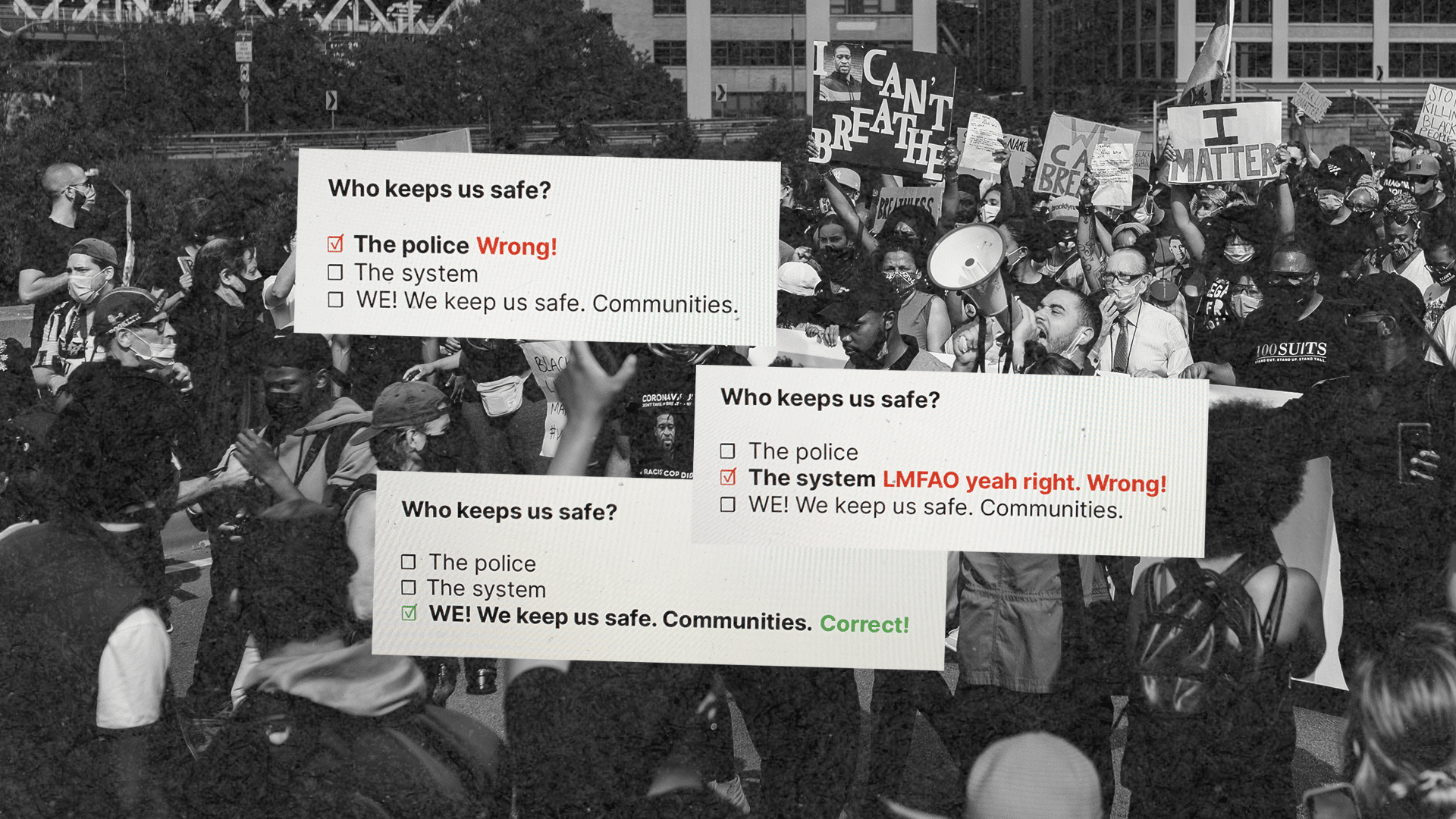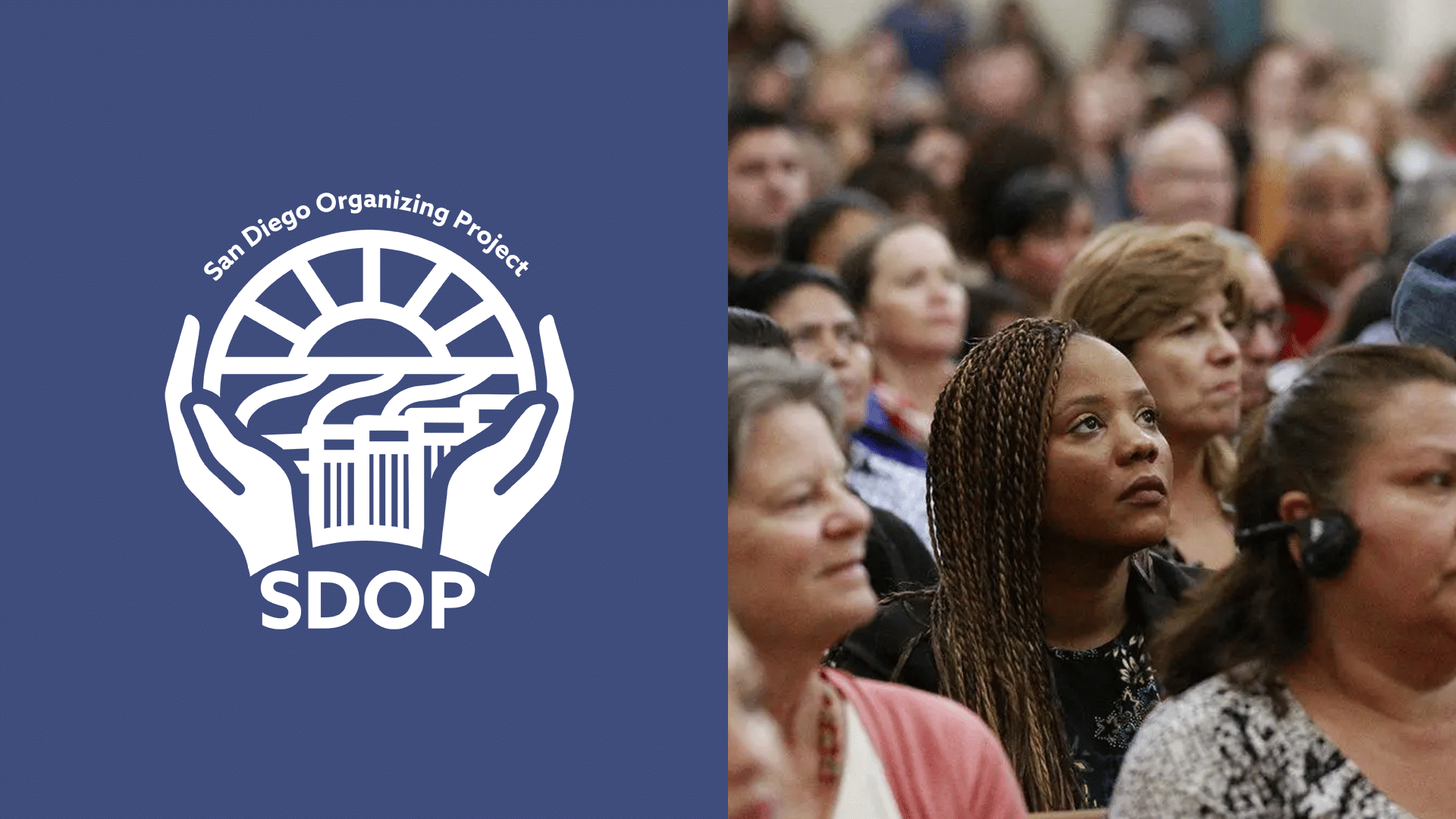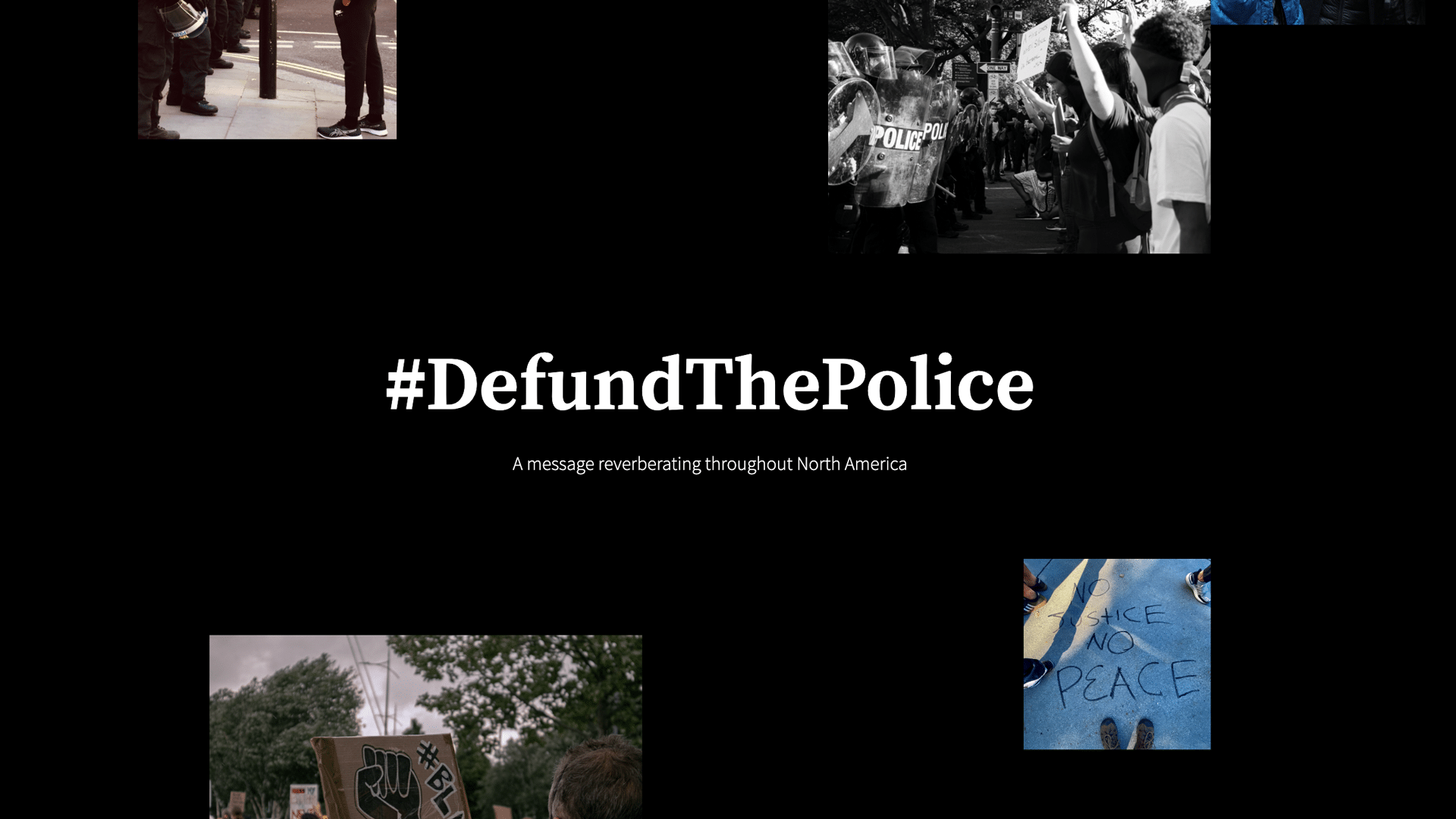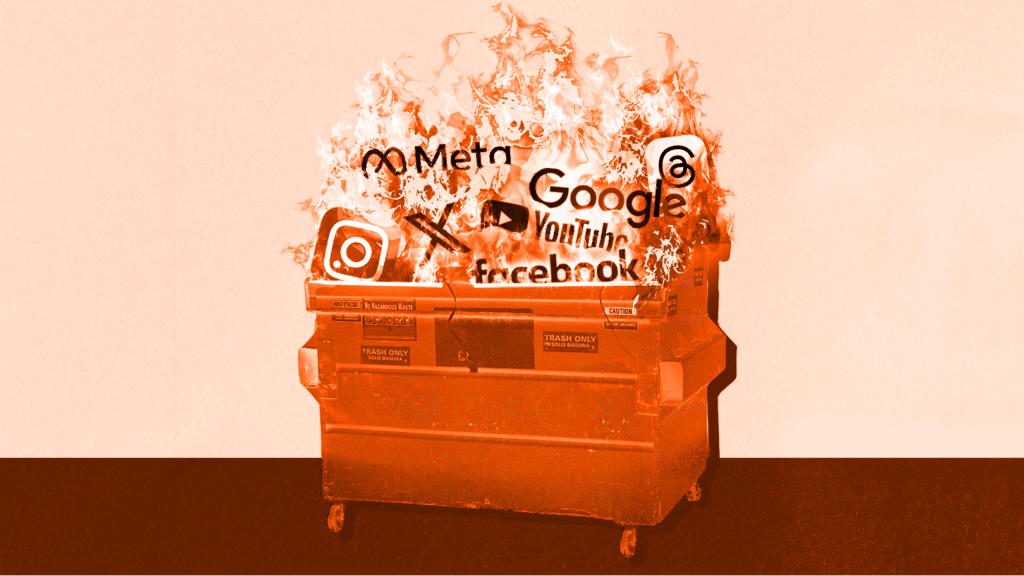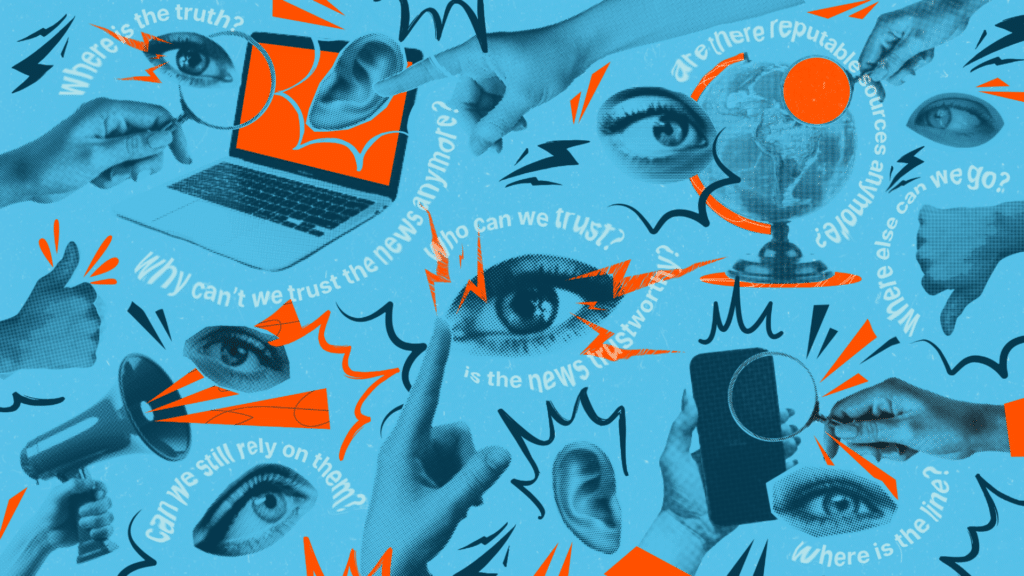At first, it worked
In 2020, the murders of George Floyd by Minneapolis police and Breonna Taylor by Louisville police sparked a global outcry against state-sanctioned violence. There was a collective call to defund the police and redirect funds to community services that could better address the root causes of crime and social issues. (Think mental health care, affordable housing, medical services, and more.)
The momentum of millions of voices led to cities making big changes, like reducing police budgets or removing police officers from elementary schools.
A year later, things changed.
Across the country, police budgets went back to where they started. In New York City, Mayor Eric Adams said he planned on doubling the number of police officers on the ground. Cities started investing in specialized street crime units, like the Scorpion Unit in Memphis, which was responsible for the murder of Tyre Nichols earlier this year.
Criminal justice reform is not a moment; it’s a movement
The Stop Cop City movement in Atlanta is pushing back against the development of the largest police military facility in the U.S. This movement is bringing together forest defenders, climate activists, Indigenous groups, and more to stand up to police expansion in this predominantly Black community.
Another beacon of hope is the Movement for Black Lives, who introduced the BREATHE Act in 2020. This legislation aims to transform the criminal justice system in the United States and tackle systemic racism and police brutality.
Described as “a love letter to Black people,” the Act calls on the government to divest federal funds from police and prison systems and invest those funds into community-based approaches for public safety. If implemented, the BREATHE Act will reduce the amount of money going into dangerous and broken systems and redirect it toward community care and support.
To pass the BREATHE Act, it will take all of us, collectively. Movement for Black Lives has identified four key actions we can all take right now to help spread the word and mobilize our communities.
Choosing #FaithNotFear
Here at Mixte, we believe that a different world – one without police violence – is possible and we’ve made it our mission over the years to center community caregiving and safety in criminal justice reform. Like the time we worked with the San Diego Organizing Project to organize the Faith Not Fear Summit to recognize a need for community-based action rooted in hope. Faith leaders from all backgrounds were brought together to resist systematic patterns of hatred and racism, in this case stemming from a rise in ICE raids aimed at stoking fear in our immigrant communities.
Centering community caregiving and safety
“Who keeps us safe? WE keep us safe.” Maybe you’ve heard this call-and-response before. It’s been a part of vigils, sit-ins, and protests against police brutality for a few years. It acknowledges that most people aren’t made safer by police presence. Instead, we’re safer because of strong communities, vibrant economies, and resources like mental healthcare.
Let’s start at the beginning
America’s police system didn’t become violent over time. It was designed that way from the very start. This podcast episode from NPR’s Throughline looks at the history of policing in America, whose very roots begin as a tool of white supremacy.
There’s more where this came from. Curious about all the other ways you can supercharge your marketing and communications to make a bigger impact? Introduce yourself here and let us know how we can support your work!
